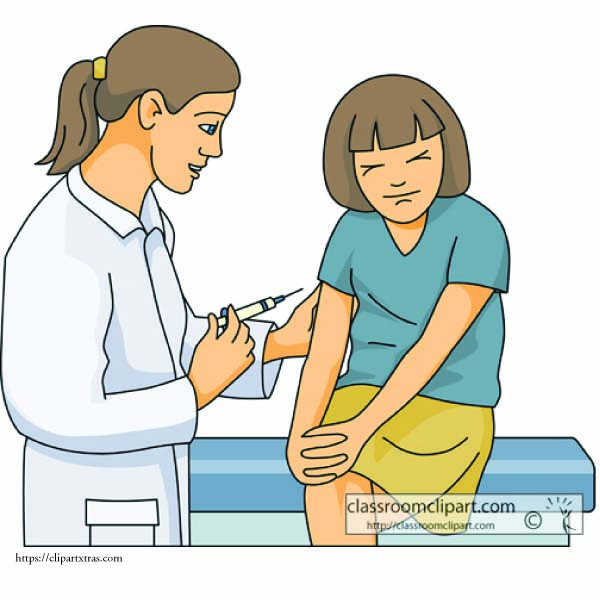Many adults in the country become seriously ill from diseases that vaccines can help prevent. They might even die from these diseases. Vaccines can help protect a person from unnecessary suffering. The protection received during childhood from some vaccines can wear off, necessitating booster doses in adulthood. You may require other vaccines for other diseases that may come with age, occupation, lifestyle, travel, or health conditions.
Vaccines not only lower the chances of getting certain diseases, they also lower the chances of spreading disease. Some people who may not be able to get certain vaccines due to their age or health condition rely on the immunity of others to help prevent the spread of disease.
Infants, the very old, and people with weakened immune systems (like those undergoing cancer treatment) are those especially vulnerable to serious infections. People do not need to get needlessly sick. Vaccines help you stay healthy so you don’t miss work. Getting the recommended vaccines can give you some peace of mind as well.
Following are a few of the important vaccines that can help protect against disease.
Influenza
With symptoms similar to the cold, influenza or the flu is a systemic disease that usually involves the nose, throat and lungs. It is usually mild but it can cause severe illness that can lead to serious problems and complications. It is highly contagious and can easily be passed to another household member, schoolmate or office co-worker.
Those at higher risk of developing serious flu-related complications include the elderly, pregnant women, young children and those with chronic medical conditions. Studies have shown that women who receive the shot during pregnancy pass on the flu immunity to their newborns for the first few months.
Precautions/Contraindications: Persons with severe allergic reaction to the Influenza vaccine or any of its components, such as eggs, and persons with moderate to severe acute illness with or without a fever. The Influenza vaccine is recommended yearly for all adults, particularly pregnant women, the elderly and those with chronic medical conditions such as diabetes, heart and lung disease.
Hepatitis B
There is a reason newborns are given the hepatitis B vaccine immediately after birth. Hepatitis B is a serious disease that can cause lifelong infection, cirrhosis (scarring) of the liver, liver cancer, liver failure, and death. It is transmitted through sexual contact or contact with the blood or other body fluids of an infected person. An infected pregnant mother can pass it to her newborn.
Precautions/Contraindications: Persons with severe allergic reaction to the Hepatitis B vaccine or any of its components, such as yeast, and persons with moderate to severe illness with or without a fever. It is recommended for all adults, particularly sexually active individuals. It is given in three doses, six months apart.
Pneumonia
Pneumonia vaccine protects against serious and potentially fatal respiratory infections. Pneumococcal infections are caused by the streptococcus bacteria and can lead to pneumonia, and even septicemia (a severe blood infection) and meningitis. At their worst, they can cause permanent brain damage and death.
Precautions/Contraindications: Persons with severe allergic reaction to Pneumonia vaccine or any of its components, such as phenols, thimerosal, and persons with moderate to severe acute illness with or without a fever. It is recommended for all adults, particularly the elderly and those with chronic medical conditions such as diabetes, heart and lung disease. It is given every five years.
Other vaccines
Every adult should get the Tetanus, Pertussis and Diphtheria (Tdap) vaccine once if they did not receive it as an adolescent to protect against tetanus, pertussis (whooping cough) and diphtheria, and then a tetanus, diphtheria (Td) booster shot every 10 years.
In addition, women should get the Tdap vaccine each time they are pregnant, preferably between the 27th and 36th week of pregnancy. There are a number of other vaccines recommended for adults. A final advice: For various reasons, some people should not get certain vaccines or should wait before getting them. Talk with your doctor to make sure you get the vaccines that are right for you and at the right time.
Categories
Vaccines are not just for children
